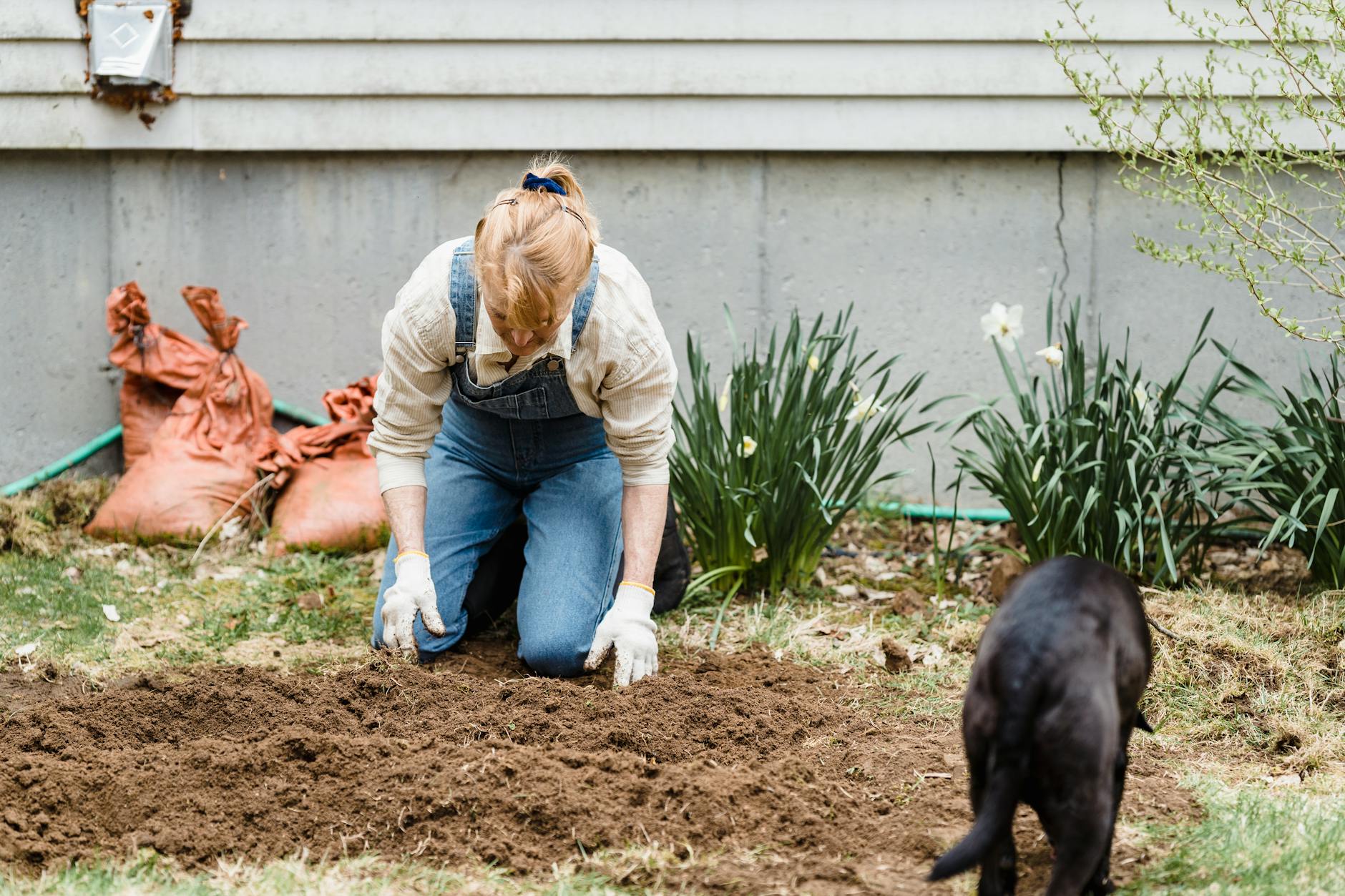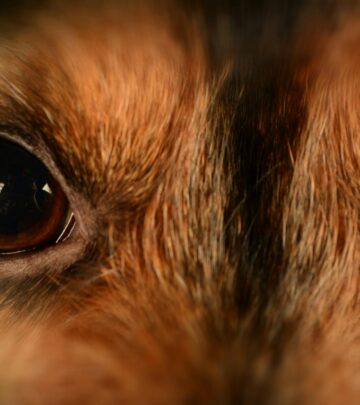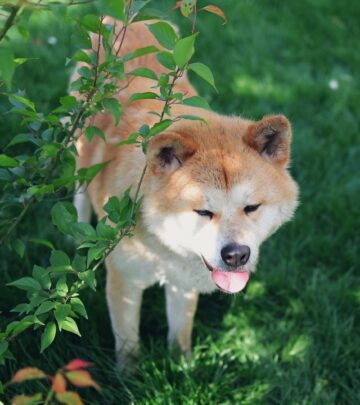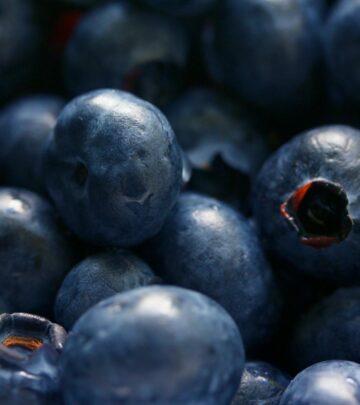Why Does My Dog Eat Dirt? 3 Causes, Hazards & Solutions
Recognizing early hunger or stress cues can prevent your dog from snacking on soil.

Why Does My Dog Eat Dirt? Understanding the Behavior
Dog owners are often puzzled or concerned when they witness their pets eating dirt. While it may seem like a simple quirk, canine dirt-eating—also known as geophagia—can be linked to a variety of causes ranging from dietary deficiencies to behavioral issues and underlying medical problems. In this article, we examine the major reasons why dogs eat dirt, the potential health risks involved, and what steps you can take to protect your four-legged family member.
What Is Geophagia?
Geophagia is a specific type of pica—the consumption of non-food substances—where animals specifically ingest soil, mud, or dirt.
This puzzling behavior is not exclusive to dogs, but it is more concerning in pets due to the risks of ingesting contaminants and foreign objects.
Main Reasons Why Dogs Eat Dirt
The reasons dogs eat dirt are usually classified into three main categories: nutritional, behavioral, and medical. Let’s break down each in detail:
- Nutritional Deficiencies: Dogs may seek out minerals (such as iron, calcium, and sodium) that are lacking in their diet. This is especially true if they are on an unbalanced or low-quality food regimen.
Key signs: Persistent cravings, targeting specific soil types, eating dirt despite being otherwise well-fed. - Behavioral Causes: Dogs are naturally curious and investigative. Factors like boredom, anxiety, stress, or even simple curiosity or attraction to tasty smells in the soil can lead to repeated dirt-eating.
Key signs: Dirt eating when left alone, during periods of less activity, or after environmental changes. - Medical Problems: Diseases such as pica, gastrointestinal disturbances, anemia, or chronic illness sometimes drive dogs to eat dirt. Often, the dog’s body is attempting to self-medicate, relieve GI discomfort, or compensate for an undiagnosed internal issue.
Nutritional Deficiency: The Hidden Hunger
Despite the promises of many commercial dog foods, not all provide optimal nutrition. Inadequate minerals and poor overall balance can leave a dog searching for nutrients elsewhere. Soil may provide trace elements like iron and calcium. Dogs on homemade or non-veterinarian-approved diets may especially be at risk. Even underfeeding can cause dogs to scavenge, leading to dirt consumption as they seek to stave off hunger.
- Possible minerals sought: iron, sodium, calcium
- Risks increase with low-quality or poorly balanced diets
- Underfed or rapidly growing puppies may be more vulnerable
Behavioral Reasons: Boredom, Stress, and Quirks
Sometimes, the answer is behavioral. Dogs are intelligent, active creatures who may turn to inappropriate activities—like eating dirt—if not properly stimulated. Key contributors include:
- Boredom: Lack of toys, exercise, or interaction can make the yard or garden seem like a buffet.
- Anxiety or Stress: Major life changes (moving, new pet or baby, owners’ absence) can cause anxiety, leading to coping behaviors such as geophagia.
- Curiosity or Appetite: Dogs have powerful noses and may be attracted to bits of food, grease, or smells in the soil, unintentionally eating dirt in the process.
Medical Causes: Underlying Health Problems
Some medical conditions can drive a dog to eat dirt persistently.
- Gastrointestinal Upset: Dogs may instinctively consume dirt to soothe an upset stomach, neutralize acids, or facilitate elimination. Soil’s clay content, historically used for GI remedies, might also play a role.
- Anemia or Chronic Illness: Blood or organ disorders affecting iron or other minerals can spur dirt consumption as the body seeks to correct deficiencies.
- Pica Disorder: Defined as compulsive eating of non-nutritive substances, pica can result from both behavioral and medical issues and sometimes signals deeper health concerns.
- Parasitic Infections or Toxin Exposure: Parasites or toxins can disturb the GI system, occasionally prompting a “self-treatment” response by the dog.
Is Eating Dirt Dangerous for Dogs?
Dirt-consuming behavior is usually not immediately life-threatening but does carry significant health risks. It’s vital not to ignore recurring or excessive geophagia.
| Hazard | Risks to Dogs |
|---|---|
| Intestinal Blockage | Stones, sticks, and debris in dirt can cause obstructions requiring surgery. |
| Toxin Ingestion | Dirt may be contaminated with pesticides, fertilizers, or pathogenic bacteria. |
| Parasitic Infection | Soil can carry roundworms, hookworms, or protozoa, leading to digestive issues. |
| Dental Damage & Oral Injury | Rocks or hard soil chunks can break teeth or injure gums and mouth. |
| Exposure to Foreign Bodies | Sharp sticks, bottle fragments, or other debris can injure the digestive tract. |
| Heavy Metal or Chemical Poisoning | Dirt from industrial areas may contain harmful metals or persistent chemicals. |
When Is Dirt-Eating a Problem?
Not every instance of dirt eating signals a crisis. However, if the behavior is:
- Frequent or obsessive
- Accompanied by gastrointestinal symptoms (vomiting, diarrhea, appetite change)
- Followed by signs of lethargy, weight loss, or weakness
- Happening in adult dogs that have not shown this behavior before
it’s time to seek veterinary support. Persistent geophagia may be a symptom of an underlying nutritional shortage, chronic stress, or emerging illness.
What Should You Do If Your Dog Eats Dirt?
- Monitor and Document: Track when and where your dog eats dirt, and what the circumstances are (time of day, environmental triggers, etc.).
- Check Nutrition: Evaluate the quality and content of your dog’s food with your vet or a veterinary nutritionist.
- Increase Enrichment: Provide toys, exercise, interactive play, and mental stimulation to reduce boredom-driven dirt eating.
- Supervise Outdoor Time: Limit access to areas rich in tempting smells or exposed to chemicals, and redirect your dog when they start to eat dirt.
- Veterinary Consultation: If the behavior persists, intensifies, or is accompanied by other health changes, schedule a visit with your veterinarian for a full checkup including lab tests to rule out anemia, GI disease, and other medical causes.
- Discourage Access: Cover up bare soil in your yard, use mulch that’s safe for pets, or set up fencing around problem areas.
Can You Prevent Your Dog from Eating Dirt?
Prevention centers on maintaining good nutrition, ensuring your dog is mentally and physically satisfied, and minimizing access to unsafe areas.
- Feed a complete, balanced dog food suited for their age, size, and breed
- Rotate toys and activities to prevent boredom
- Limit unsupervised time in gardens or yards where harmful chemicals, food scraps, or parasites may be present
- Promptly address and treat any bouts of GI upset, anemia, or behavioral stress
Should Puppies Eating Dirt Raise Extra Concern?
While puppies are naturally more curious and likely to mouth unfamiliar objects, owners should remain vigilant. Persistent dirt eating can reflect nutritional needs, but is riskier for young immune systems and developing bodies. Supervised play and early training can help break the habit before it leads to complications.
Frequently Asked Questions (FAQs)
Q: Is it ever normal for a dog to eat dirt?
A: Occasional small tastes out of curiosity are not unusual, especially in puppies. However, persistent or compulsive dirt eating—especially in adults—is not normal and should be explored further with the help of a veterinarian.
Q: Can dirt-eating resolve on its own?
A: If triggered by a temporary cause such as boredom or a minor dietary deficiency, it may resolve with improved enrichment and nutrition. If the habit persists, consult your veterinarian.
Q: What if my dog’s dirt-eating is accompanied by vomiting or diarrhea?
A: These are warning signs of potential poisoning, obstruction, or GI disease and warrant an immediate vet assessment. The risks of toxin exposure and foreign body ingestion are not to be underestimated.
Q: What minerals might my dog be lacking if it eats dirt?
A: Common deficiencies involve iron, calcium, sodium, or trace minerals—sometimes linked to anemia, GI malabsorption, or a poor diet.
Q: How can I stop my dog from eating dirt?
A: Improve food quality, increase daily exercise and play, supervise outdoor time, and consult a veterinarian to rule out medical issues. Discourage the habit with redirection and positive reinforcement rather than punishment.
Key Takeaways
- Dirt eating (geophagia) in dogs is not normal if persistent, and may arise due to nutritional deficiency, medical problems, or boredom.
- The risks include toxin exposure, GI blockage, parasites, and dental injury.
- Consult your veterinarian for persistent cases or if your dog shows signs of illness.
- Prevention includes a balanced diet, enrichment, and supervised outdoor time.
If you’re ever unsure about your dog’s dirt-eating behavior, reach out to your veterinarian for a checkup. With attention, monitoring, and a little detective work, you can keep your pet healthy and safe from the dangers of inappropriate snacking!
References
- https://thenaturaldogstore.com/blogs/health/why-do-dogs-eat-dirt
- https://www.purina.com/articles/dog/health/symptoms/why-do-dogs-eat-dirt
- https://www.cronullavetclinic.com.au/why-is-my-dog-eating-dirt/
- https://rockanimal.com/articles/dog-eating-dirt
- https://www.hillspet.com/dog-care/behavior-appearance/why-do-dogs-eat-dirt
Read full bio of medha deb
















Community Experiences
Join the conversation and become a part of our empowering community! Share your stories, experiences, and insights to connect with other beauty, lifestyle, and health enthusiasts.